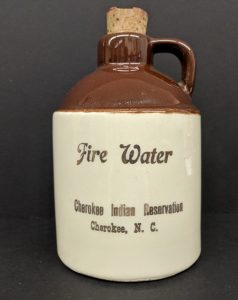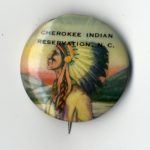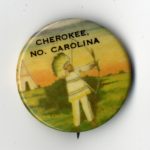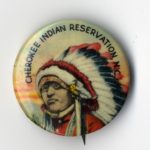“Tom Belt, elder-in-residence in the Cherokee studies program at Western Carolina University, said there are approximately 300 native speakers among the 14,000 members of the Eastern Band of Cherokee.
” ‘Herein lies the crux of the problem,’ he said. ‘How do we get more spoken? We’re at such a low ebb…. And that’s why we’re here [at a conference in Philadelphia on preserving Native American languages].’
“Why is preserving the language so important?
” ‘The language not only validates but embodies the idea of being something…’ Belt said. ‘Without it we can’t be who we are. All language is the way we interpret the world — any language is…. And if we have to interpret our world with the language with which another people interpret the world, then it is no longer our world.
” ‘We’re not that people. We’re something, but we’re not what we say we are. So in order to be Cherokee… we have to say that, we have to speak that, we have to think that.’ ”
— From “Trying to save vanishing languages” in the Philadelphia Inquirer, June 1, 2010




